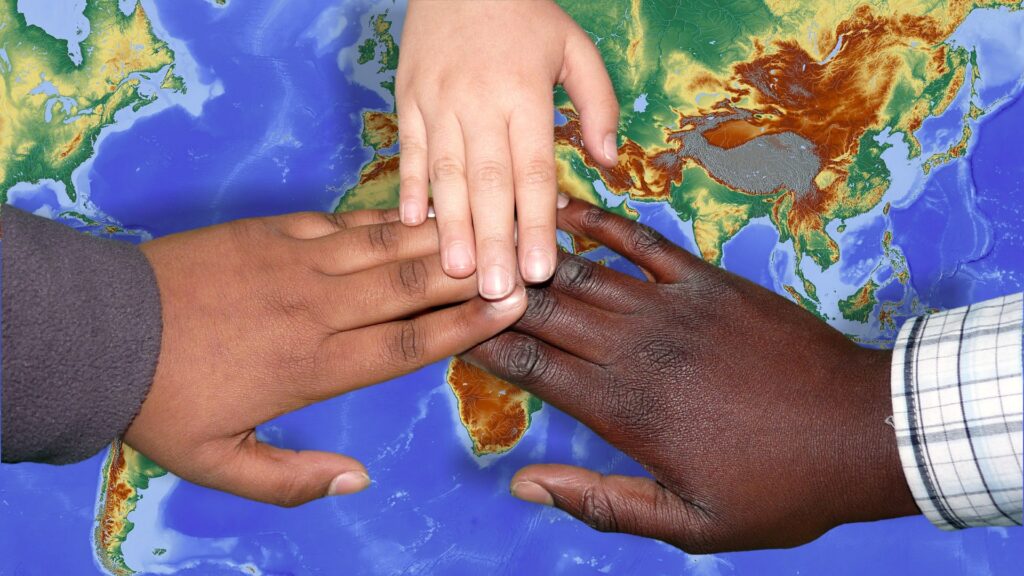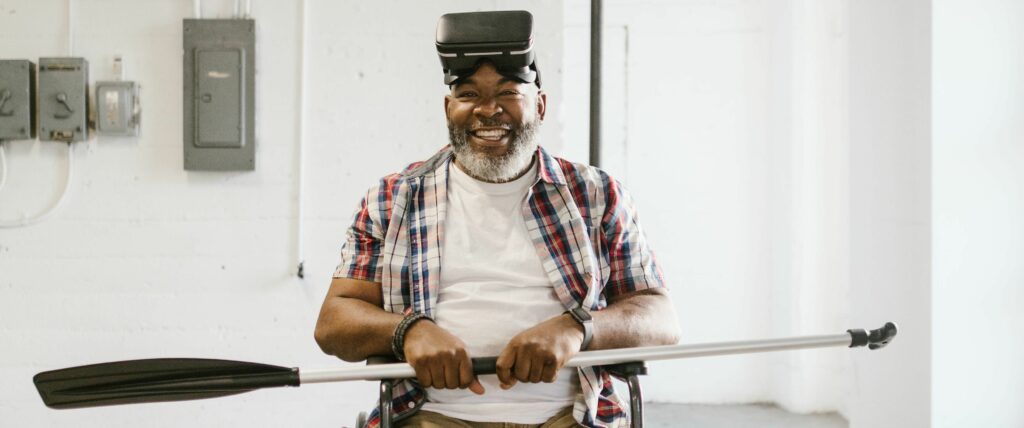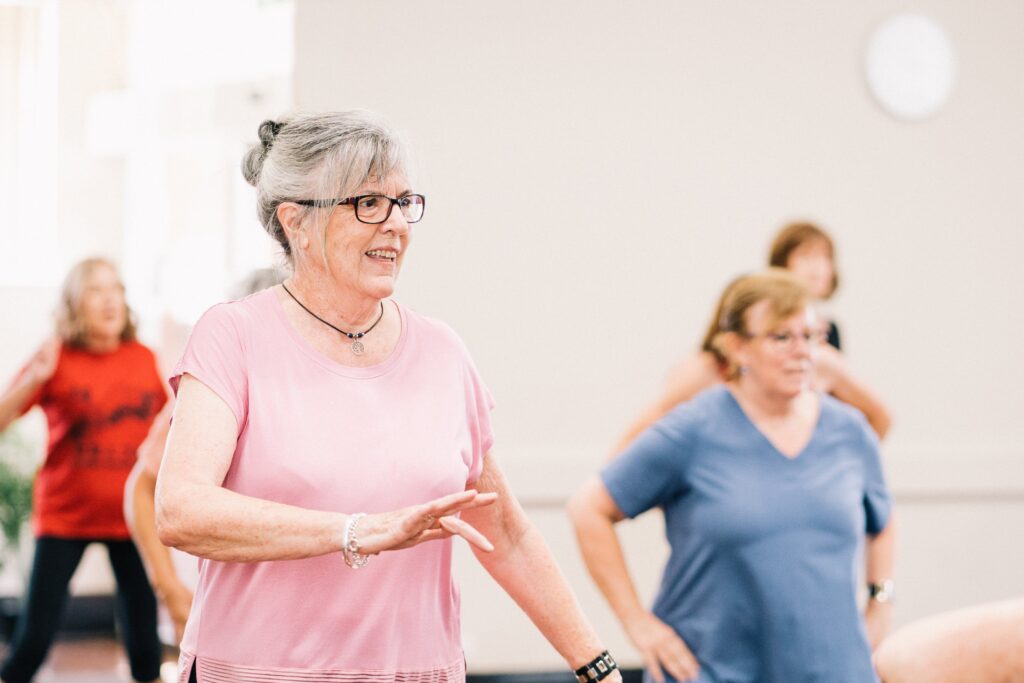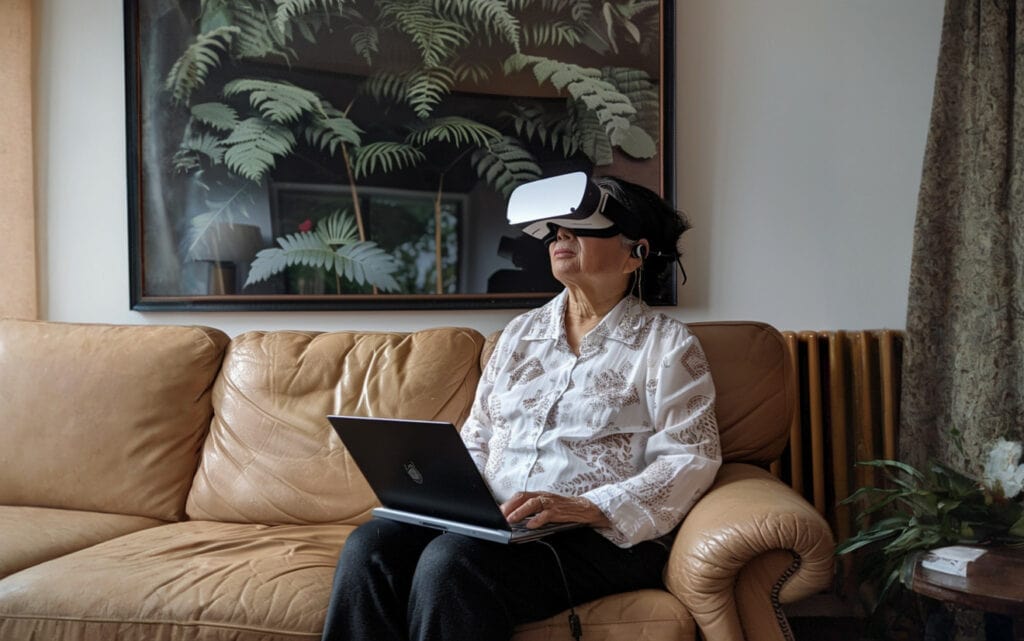Cultural sensitivity in diversional therapy

In healthcare, cultural sensitivity is about understanding and respecting the diverse backgrounds and traditions of the patients in our care. It’s about recognising that different cultures have their own beliefs, practices and communication styles, which can deeply influence a person’s approach to health, illness and healing. Being culturally sensitive means that healthcare providers actively listen, and are willing to learn and adapt their care to meet the unique needs of each individual. This not only helps to build trust and rapport but also ensures that healthcare is delivered in an inclusive, empathetic and effective manner in New Zealand, with its rich diversity of Māori, Pasifika, Asian and European cultures.
For Diversional Therapists, cultural sensitivity involves designing and facilitating therapeutic activities that acknowledge and incorporate the varied cultural heritages of our clients. By doing so, we create a more inclusive environment where all individuals feel understood and valued and also discover opportunities for interaction and shared learning. I always look for ways to share a patient’s culture with others, perhaps through a themed day, music, objects and artefacts or a story. Sharing food is always popular too.
I remember a lady who was originally from Switzerland. A friend of hers, who was also Swiss, used to come in and visit her and I was able to include them both in activities that involved the whole group. The friend brought in memorabilia from their homeland and shared them with the group. We put up a Swiss flag, and the patient and her friend read a story about a little boy and a goat, sang a Swiss song and even did some yodelling. All the patients loved it and we learned a lot about Switzerland.

When planning for the year, I always add any cultural events into my timetable – special days, festivals etc. – especially those that are relevant to any of our staff and residents. The events in the New Zealand calendar, Easter, Matariki, Christmas etc., are easy to include, but other key events also have their place, like Eid, Ramadan, Diwali and Chinese New Year. These might not always be directly relevant to a specific group of residents, but they offer lots of opportunities for discussion, activities and learning. Staff may represent a variety of nationalities and cultures – we can perhaps ask them to contribute to activities and provide us with useful information.
As well as sharing and learning about different cultures, we should also make sure we support people in their cultural practices: for example, during Ramadan, a person might want to pray somewhere quietly and observe their fast rather than joining in with meals. This has implications for their medication programme, the medical staff, kitchen staff etc.so consultation with staff, family and the patient themselves should form the basis of a plan that enables the patient to observe Ramadan without it impacting negatively on their health and medication..
A Diversional Therapist should think about how shared spaces are decorated: do displays, artwork etc reflect the ethnicity and culture of everyone that uses the space? Are we sensitive to the variety of languages used by patients and staff? Do the images we use promote the diversity of the world we live in or are we always showing white European faces?
It is also important to make sure we are open to using other languages where appropriate. Learning how to greet people and ask how they are and getting them to teach us the right responses are simple things that can mean a lot. Ask how people like to be addressed – in some cultures it might be disrespectful to address an older person by their first name. Pronouncing someone’s name correctly, no matter how alien it might seem at first, is just common courtesy, but it’s amazing how resistant people can be to this. While we’re talking about languages, remember that a person whose first language isn’t English may need more time to process what has been said and formulate a response: they might also need an interpreter in certain circumstances.
We also need to recognise that not all naming systems are the same. For example, Sikh men usually have the second name Singh, meaning ‘lion’, whereas women will be Kaur, meaning ‘princess’. In China, the naming convention typically comprises a family name (surname) followed by a given name, which is the reverse order of the Western naming convention. The telephone directory in Iceland is organised by first name and uses professions to help distinguish between people of the same name! What a fascinating activity we could create around different naming systems.
In a country like New Zealand, with its bicultural foundation and multicultural population, cultural sensitivity in therapeutic activities not only upholds the principles of the Treaty of Waitangi but also ensures that the services provided are appropriately adapted to the needs of everyone in the community.






Responses